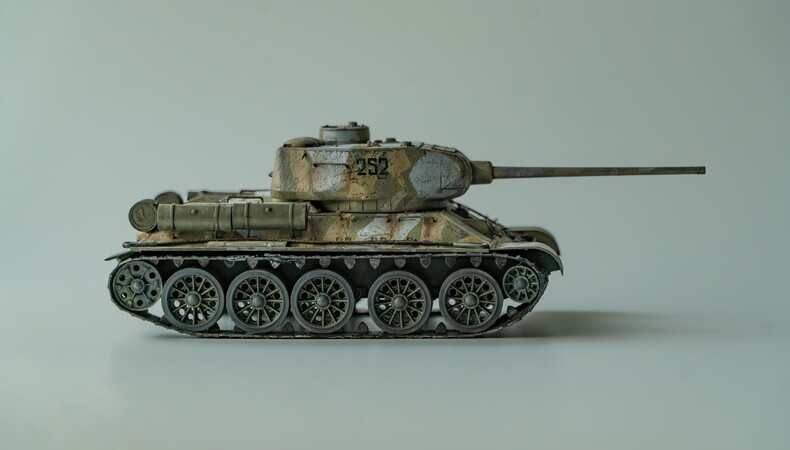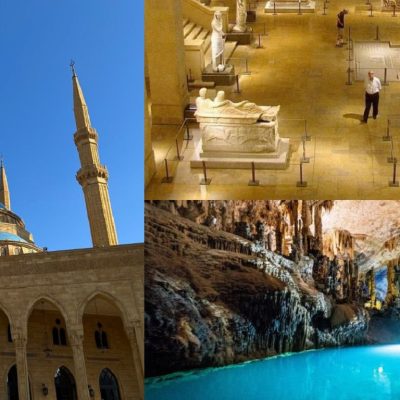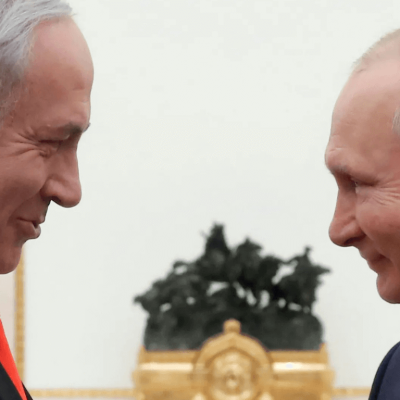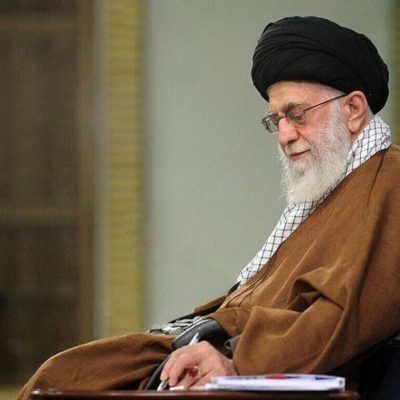Israel’s Military Response to Hezbollah Threats and Commitment to Border Security

Daniel Hagari, an Israel Defense Forces (IDF) spokesman, addressed the continuous military operations in response to the major risks Hezbollah presents in a recent video message. Israel’s northern border is His comment emphasizes Israel’s relentless will to carry “whatever necessary” actions to stop the lethal attack on October 7, 2023 from happening once more. Israel’s military approach has changed in response to this attack, which caused great losses and extensive anarchy, emphasizing border security more and more.
Hagari revealed light on the IDF’s tactical approach, which consists in limited, highly focused attacks against Hezbollah’s military installations strategically placed in Lebanese towns. According to him, these operations are necessary to destroy Hezbollah strongholds, directly endangering civilian populations in northern Israel, including cities and kibbutzim along the border.
Claiming Hezbollah has turned these communities as military bases, the spokesman made serious accusations against the organization. He cautioned that the militia not only gets ready for a possible attack on Israel but also has a strategy for a massive invasion, which he ominously referred to as “Conquer the Galilee.” With an aim to create chaos and terror over the border, Hagari expressed his worries that Hezbollah had developed strategies to attack Israel, aiming at innocent people and maybe committing mass crimes.
Global issues and UN resolutions
The military actions of the IDF take place against a background of long-standing worldwide worries about Hezbollah’s growing military presence and influence in southern Lebanon. Hagari referenced UN Security Council decisions, especially resolution 1701, which came about in 2006 following the Israel-Heaters war. This resolution requires the Lebanese government to guarantee that non-governmental armed groups—including Hezbollah—have no presence on its land. Notwithstanding these decisions, Hagari pointed out angrily that Hezbollah is now the biggest non-governmental armed group in the world, and a major and ongoing threat to Israeli security.
Emphasizing that the IDF’s combat operations are not meant for the Lebanese public overall, he underlined that Israel’s battle is solely with Hezbollah. He underlined once more that the IDF is dedicated to follow all required procedures to reduce injury to Lebanese people throughout its operations. The key goal still is the protection of Israeli families, with a strong and relentless will to stop any incidence like the terrible events of October 7 from happening once more.
Humanitarian effects of the conflict
For Lebanon, the growing hostilities in the area have had grave humanitarian results. Reports from the Lebanese government indicate that Israel’s unrelenting airstrikes have claimed about 1,000 lives, including those of women and children. With the humanitarian crisis escalating and an estimated one million people forcibly evacuated from their homes owing to the continuous bloodshed, the fighting has also left about 6,000 others injured.
In northern Israel, where some 60,000 people have been displaced by rocket fire from Hezbollah and other anti-Israel organizations functioning within Lebanese territory, the situation is equally bad. Widespread worry and anxiety among the civilian population result from the possibility of more assaults still hanging over them. Furthermore, fatal events in Lebanon have added to the growing tensions; one recent explosion linked to exploded devices that, although not formally claimed by Israel, is generally thought to have been from an Israeli operation aiming at Hezbollah agents.
UN Reminder Regarding Global Relations
The United Nations Geneva office seized the chance on October 1, 2024 to remind member states of the values stated in Article 2.4 in the UN Charter. This article expressly says that none of the members should threaten or employ force against the political freedom or territorial integrity of any other country. The UN’s reminder arrives at a pivotal point since the region’s tensions are rising and appeals for respect of international law become more and more important among the continuous bloodshed.
Reactions to UN Voting on Occupation
Regarding international diplomacy, Danny Danon, Israel’s UN ambassador, has been outspoken in his disapproval of a recent non-binding vote by the General Assembly. This referendum demanded Israel to stop occupying the Palestinian West Bank almost six decades ago. Reflecting Israel’s continuous annoyance with the alleged bias of the international community against its policies over military operations and territorial conflicts, Danon condemned the resolution as “shameful.” The comments of the ambassador highlight a larger attitude among Israeli officials about the difficulties they encounter on the diplomatic front, especially with reference to public opinion and international standards.
The More general Geopolitical Setting
Israel stays dedicated to tackling the alleged dangers from Hezbollah as the situation changes and negotiates the difficult realities of regional politics and international relations. The IDF’s continuous military operations show the urgent need of aggressive policies in the face of rising tensions since they are meant to protect Israel’s borders and guard its people.
Furthermore, considering Hezbollah’s links to Iran and its function as a proxy for Iranian goals in the Middle East, there are questions regarding whether the present military operations could start more general regional conflicts. Iran has constantly shown its backing for Hezbollah, therefore complicating Israel’s security environment and requiring cautious thought on possible consequences after military operations.
Ultimately, Israel’s dedication to its national security is unwavering even as it faces both internal and outside difficulties. The IDF’s concentration on stopping attacks and guaranteeing population safety emphasizes the continuous volatility in the area. Watching attentively as the Israeli government challenges Hezbollah’s military capacity and aspirations, the international community hopes for a de-escalation of hostilities and a road towards long-term stability in the area.




